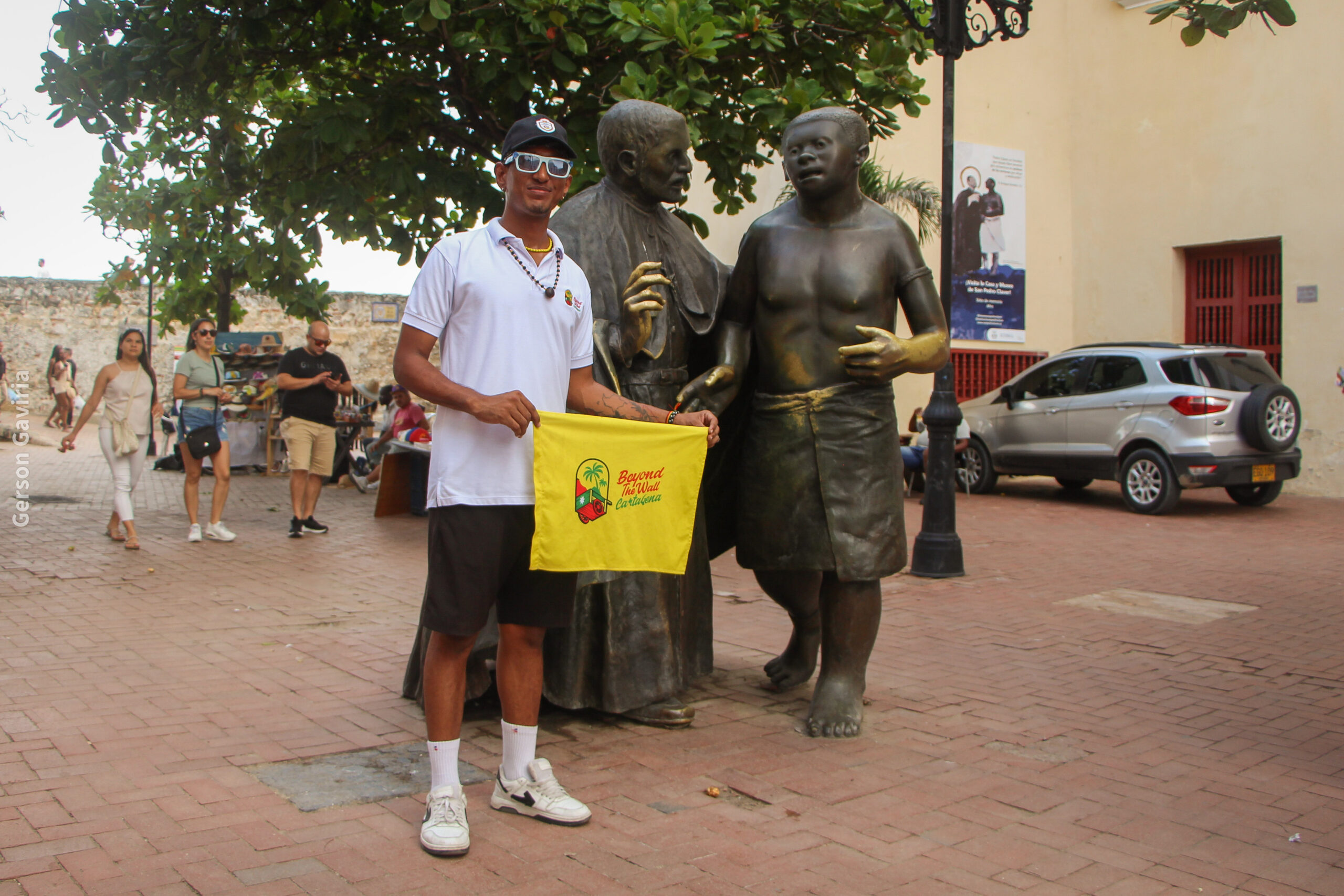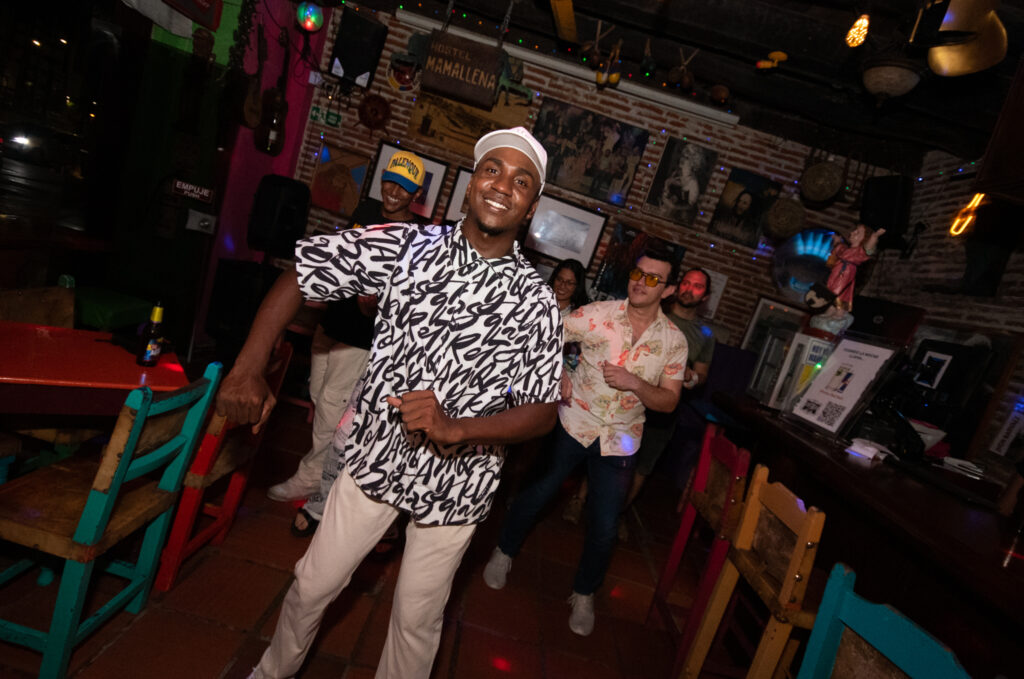Why Colombia for the Black Travelers?

Why Colombia for the Black Travelers?
Why Colombia for the black travelers?
Colombia, a country of boundless biodiversity and rich cultural tapestries, beckons to Afrodescendants across the globe as a destination where history, music, and identity converge in an unparalleled celebration of heritage. Beyond its breathtaking landscapes lies a pulsating rhythm—a heartbeat powered by the contributions of its African ancestry. To step onto Colombian soil is to embark on a voyage where every beat of a drum and every turn of a dance tells the story of resilience, creativity, and pride.
At the heart of this story is Cartagena, a city wrapped in the scent of salt air and history. Within its sun-washed walls lies the cultural essence of the Afro-Caribbean. Here, the streets echo with the hypnotic beats of champeta, a genre born in the vibrant neighborhoods of the city. Rooted in the traditions brought by enslaved Africans and amplified by the modern sounds of Congolese soukous and Nigerian highlife, champeta stands as a testament to the adaptability and innovation of black culture. Its rhythms are infectious, and its stories, often narrated in the language of the people, are a vibrant reminder of a shared African lineage.

Salsa, meanwhile, offers another window into Colombia’s Afro-descendant soul. While Cali is its epicenter, the entire country dances to its timeless beats. Salsa here is more than music; it is a way of life, a physical narrative of joy, resistance, and community. To watch the locals dance is to witness an unspoken dialogue of tradition and passion, rooted in the African drums that carried the first rhythms of resistance.

Black history is woven into every corner of Colombia, from the fortified streets of Cartagena to the peaceful shores of San Basilio de Palenque. Palenque, the first free town in the Americas, offers a direct link to the resilience of enslaved Africans who carved out a sanctuary of autonomy and cultural preservation. Its language, music, and traditions remain a living museum, where visitors are welcomed not just as spectators but as participants in its narrative of triumph.
Beyond the city walls, the lush Pacific Coast reveals another dimension of Afro-Colombian culture. The beaches of Chocó and the vibrant streets of Buenaventura carry the stories of generations who have harmonized with the rhythms of the sea. Festivals like Petronio Álvarez, an unparalleled celebration of Afro-Colombian music, bring the country’s black identity into full view, inviting visitors to immerse themselves in its melodies, flavors, and dances.
Colombia does not merely offer destinations; it offers a connection. A journey here is an exploration of roots, a celebration of resilience, and a homecoming for Afrodescendants. It is a country that wears its African heritage proudly, showcasing it in every beat, every dish, and every story. In Colombia, the past dances with the present, and the spirit of Africa lives on, vibrant and unbroken.
Danny Cartagena, January 02th, 2025.




